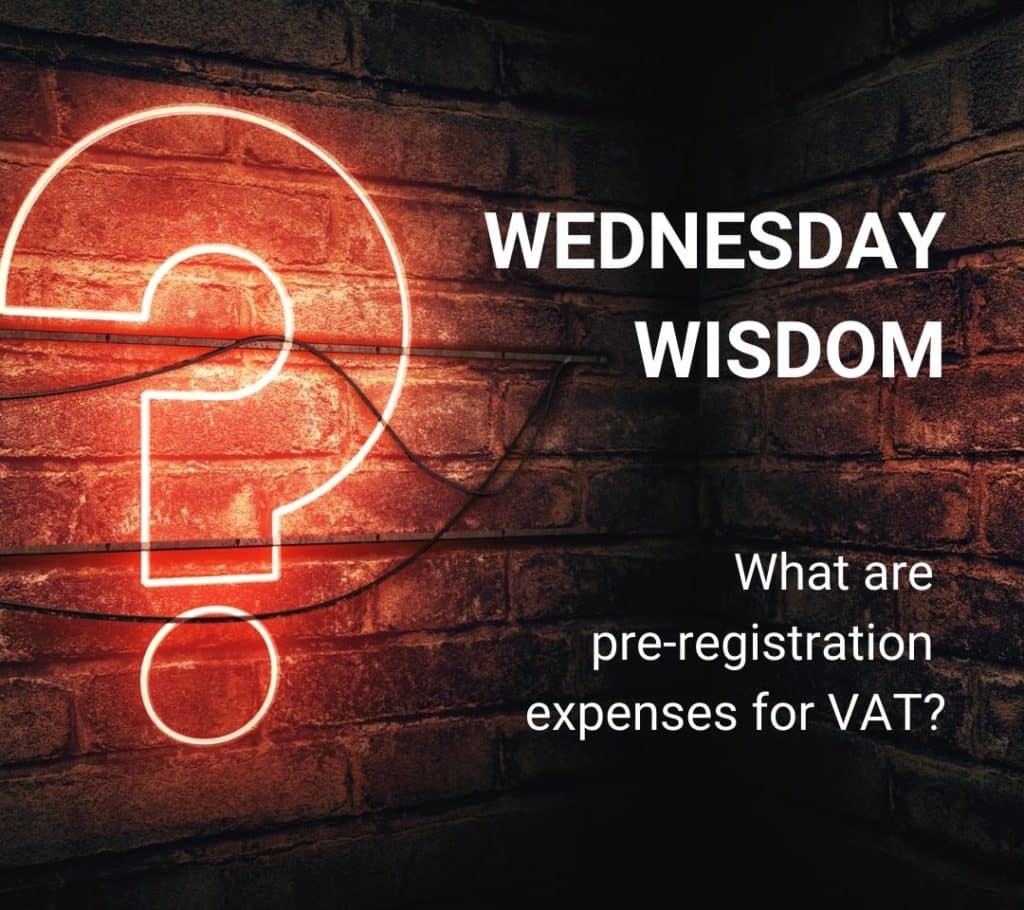We are honoured to have Stuart Cocks of AccountIN write a guest blog this month on the threat of overtrading.

Overtrading
It’s a situation that many of you reading this will have either been witness to, or worse, directly affected by.
Let me paint you a picture – a great business idea is born, and a determined entrepreneur runs with that notion and develops a successful fledgling start-up. Revenue comes thick and fast, with eye watering results and seemingly effortless growth. The hype spreads, it’s exciting and new, everyone wants to either talk about it, or be a part of it. So why, after what seems like a very short space of time, has the hysteria disbanded and with it the hopes and dreams of that entrepreneur and the business itself.
Was the business concept flawed? Was all the hype just a fad?
No, in fact it was a very simple and commonplace reason – mismanagement. Not the kind that stems from incompetency or a lack of conviction but the nasty inconspicuous foe that is overtrading!
Now, before I jump on my soap box preaching about the pitfalls this worthy adversary presents and how to overcome them, it is only right to point out that I myself was one of the unfortunates who fell foul to this devious threat. Having lived to tell the tale I vowed I would never repeat my error and with that try to help others avoid a similar fate.
What is Overtrading?
To put it very simply a business overtrades when the operators take on too much work too quickly and consequently the business cannot service the needs of its customers effectively. Business owners often say to me, “Surely the more I sell, the more money I make. That’s a good thing, right?”
In many situations my reply would be a resounding “Yes” however as is the case with so many aspects of running a successful company it is not always the case and there is no one rule that fits all. Allow me to refer you to the age-old adage we know and love:
“Turnover is vanity, profit is sanity but good ole cash is reality”
In the case of overtrading this poignant mantra is one piece of advice that should be heeded with consummate resolve. It is very easy to concentrate solely on the top line revenue figure without paying adequate attention to the running costs required to service that income line. Any business of any size can fall foul to this oversight however, the reason this article is aimed primarily at younger businesses is the damage inflicted by overtrading upon early stage ventures can often be insurmountable whereas, although not in all cases, a more established business may well have sufficient reserves to survive the storm.

4 Tell-tale signs you are at risk of Overtrading
So, what should business owners and managers be looking out for? What are the flags or tell-tale signs to indicate a business is overtrading? The following are some of the key markers to watch for:
1.The business is regularly relying upon external funding to meets its working capital requirements.
Dipping into your overdraft every now and then is no cause for alarm, however if that needs drastically increases in frequency and becomes critical to facilitate the running of day to day operations it may indicate potential overtrading.
2. The profit margins are lower than expected.
High levels of competition within a trading environment often forces businesses to offer sales discounts that deviate from forecast price points. The resulting decrease in gross margins means a reduced contribution to fixed costs and a drastically increased sensitivity to cash flow delays and unforeseen fluctuations. So, you work very hard to get the sale but then you must juggle the cash to keep your head above water.
3. Your key supply chain partners become increasingly intrusive and unsupportive.
Your key suppliers might know you have a problem before you do! They will welcome the increased volume of orders you are placing with them however the relationship will become strained if the timeliness of your payments goes awry. If problems with suppliers start to develop or you can see difficulties on the horizon, talk to them as soon as possible. Poor or lack of communication only exacerbates any issues you may have.
4. Your accountant appears nervous and keeps pestering you.
Your accountant could be the best friend you have ever had. A good one can identify the warning signs of overtrading before you do. Listen to them. They can advise and help you implement a plan to manage and avoid it in future.
How to stop the onset of Overtrading
As with all good articles we have finally arrived at the useful part…. How does one go about mitigating these risks? How do we stop the onset of overtrading?
The very simple solution is to be more aware! It’s very easy for me to write, but the fundamental key is to anticipate and plan effectively. Work closely with your accountant and build a robust forecast that delivers achievable results based on mutual collaboration.
Additionally, and perhaps the toughest piece of advice is to implore you to maintain control, don’t be flattered by the appealing allure of a bolstered sales line and make a conscious effort to exercise restraint and ensure when you make that sale you do so on the margin terms that you dictate and are comfortable with.
If you can cope with all of that, the likelihood is you, unlike my good self, will NOT be one of the many victims who suffer at the hands of the silent assassin that is OVERTRADING!
About Stuart

It’s a huge leap of faith when you take the plunge and embark on your “own business” journey. No matter what your background, your chosen industry or where you are in your career, the risks and rewards show no bias.
With no mystic mantra or “full proof” method that will see you through to success, all you can do is trust your instincts, be prepared to make mistakes and when necessary, engage with the right specialists to support you through those problematic times.

AccountIN was launched by Stuart Cocks, as a boutique consultancy practise offering down to earth, transparent advice to business leaders for those instances when it pays to “engage with an expert”. With 20 years’ experience in finance and operations management, including the success and failure of his own ventures, not many are better placed than Stuart to appreciate the difficulties, risks, and fear associated with growing and developing your own business.








